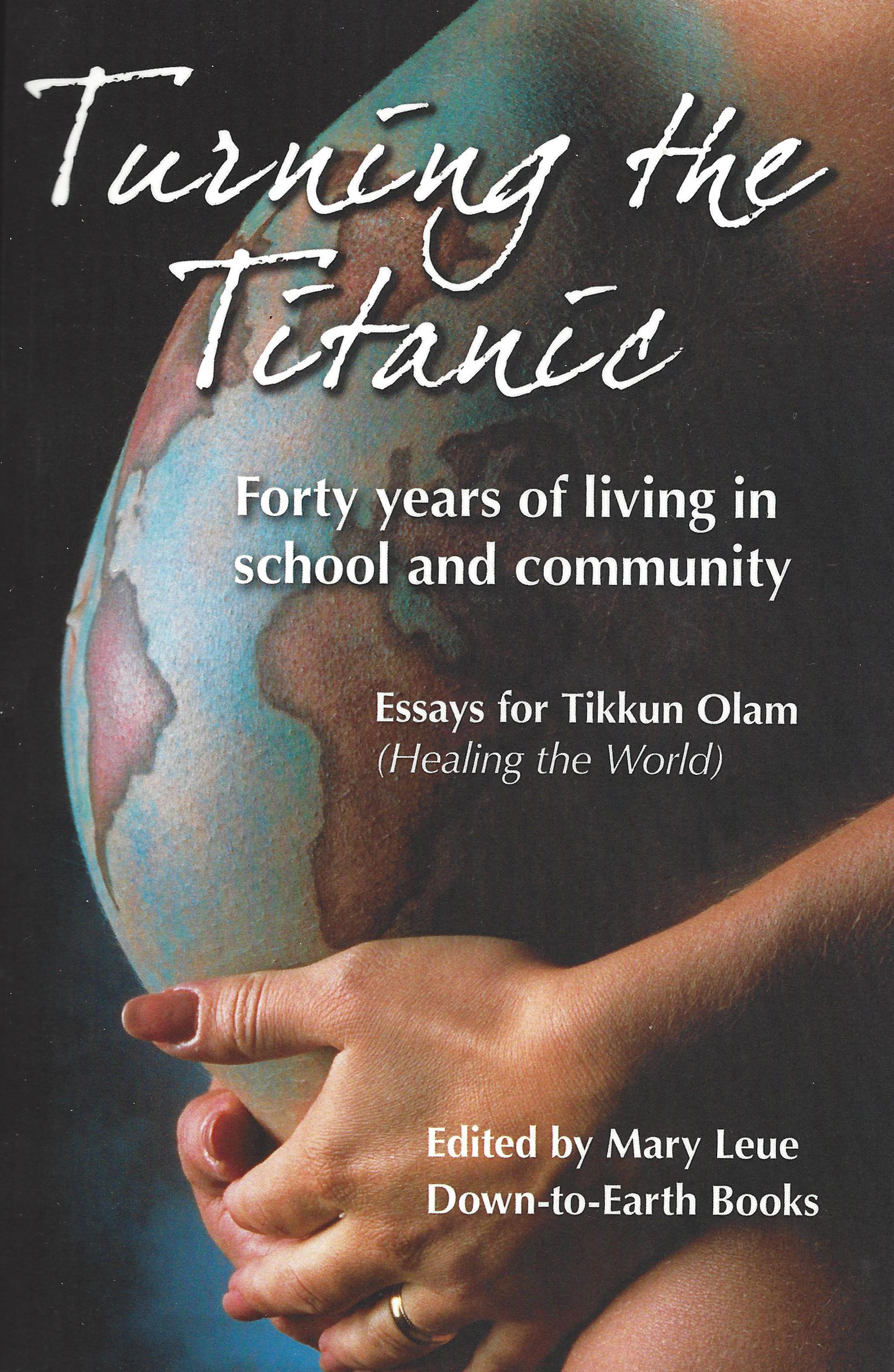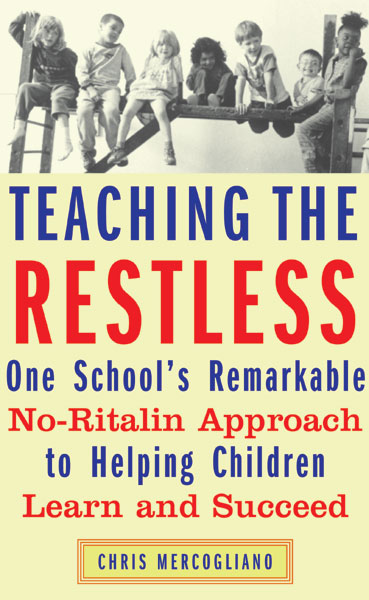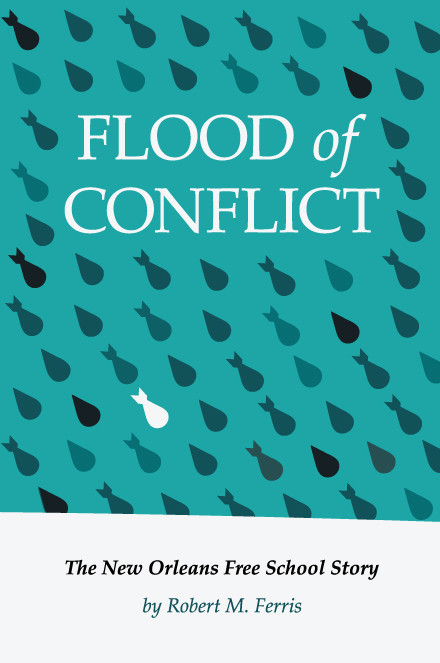Description
Mary Leue's publications have a way of capturing the essence of life and its needs. This book of essays may just contain the spark that is needed to send us back to healthy LEARNING AND LIVING! -Jerry Mintz
Read author Ron Miller's glowing review from our own Education Revolution magazine, issue #61:
Like an artist putting on a retrospective showing of work from a long and productive career, Mary Leue has pulled together diverse writings by herself and comrades Chris and Betsy Mercogliano and Nat Needle that document their remarkable exploration of education, community and democracy through four turbulent decades. This is a delightfully quirky and engaging collection of ideas and experiences, ranging freely over numerous topics. The writings are organized chronologically, but again like an art exhibition, each piece tells its own story, and what holds them all together is the genius of a creative visionary.
Mary Leue has been a countercultural leader since she founded the Albany Free School in 1969. It was a place, a community, for questioning the basic practices of modern American culture, not only education but childbirth, nutrition, race and class privilege, consumerism, and human relations. Mary wrote frequently and passionately about her search for a more natural, democratic, and fulfilling way of living. She integrated ideas from many sources, particularly radical psychologists and social critics. Many of her best writings are brought back to life in this volume.
Chris Mercogliano came to the Free School community as a young seeker, and worked closely with Mary for decades. He developed his own powerful voice as well, writing essays and books that gracefully, poignantly go the heart of basic questions about learning, child development, and community. His wife Betsy taught at the school for years, then became a midwife and activist. Nat Needle taught in other democratic schools and has reflected deeply on his own path of learning. Some of the selections in this book describe magical moments in the life of the Free School, while others explore questions of psychological wholeness and integrity, the learning process, fear, aging, family, and flaws in the American dream. The writers meditate on ideas from Plato, Kropotkin, Jane Addams, Wilhelm Reich and A.S. Neill (among others), and discuss the influence of their contemporaries including Ivan Illich and Jonathan Kozol. These are dissident voices, but they are not alone.
The attitude these writers take toward the big issues that concern them is well captured in Mary’s comment that “I have come to believe that it is impossible to think of ‘education’ in the abstract. For me, it has to do with people—pupils, teachers, parents. And these folks come in all sizes and flavors” (p. 97). The stories and essays collected here are all deeply grounded in a personal, existential search for wholeness and meaning. The writings are more autobiographical than ideological. The authors wrestle with big questions and invite all of us, no matter what sizes and flavors, to engage in this search for ourselves. They do not pretend to have found all the answers. Isn’t that the very essence of what is called “democratic” education? Mary’s own words nicely summarize what this collection of writings is about:
Permitting the unfolding of true selfhood as the sole and proper end of real education involves transforming an institution to a community—and this means allowing for real democracy in action. (p. 104)





















